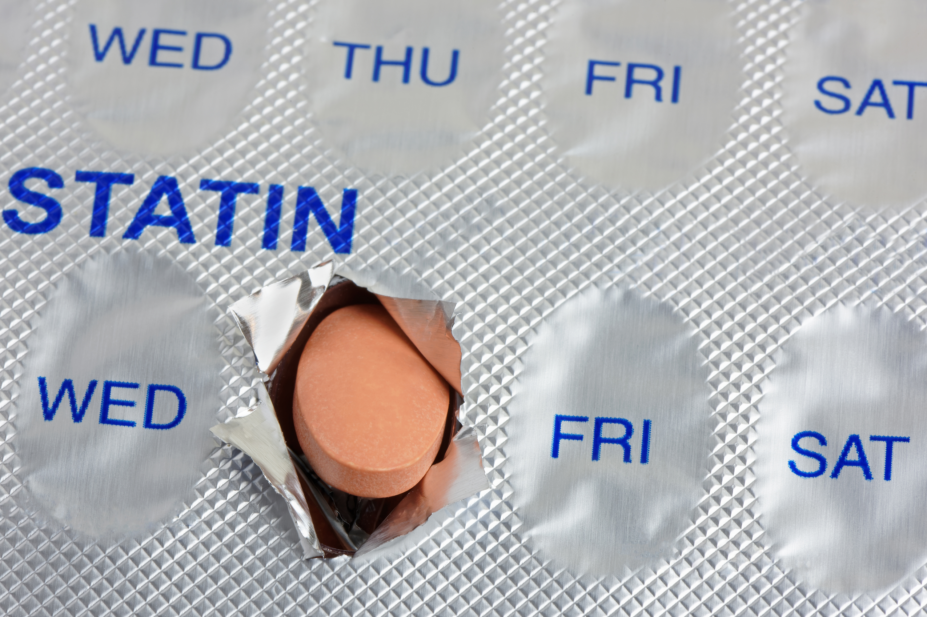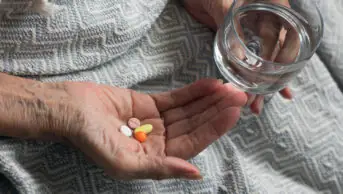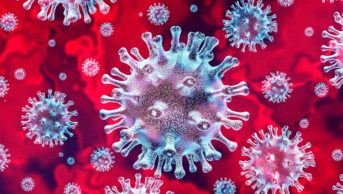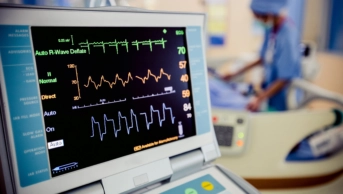
Shutterstock.com
High-dose statins could be available without a prescription from community pharmacies following a government review, NHS England has announced
Speaking at NHS England’s Health and Care Innovation Expo in Manchester on 4 September 2019, Simon Stevens, chief executive of NHS England, said he had asked NHS officials to work with the Medicines and Healthcare products Regulatory Agency (MHRA) “to explore whether we can move our high-dose statin and other appropriate treatments into a pharmacy setting”.
The move could see high-dose statins, such as atorvastatin, provided by pharmacists without a prescription.
In a statement, NHS England said that making the most effective and powerful versions safely available without a doctor’s prescription could prevent thousands more deaths.
Paul Wright, lead cardiac pharmacist at Barts Health NHS Trust, said the move was “potentially a great initiative” to improve access to individuals who may otherwise not come into contact with healthcare professionals; however, he highlighted the importance of considering non-pharmacological interventions as well as taking statins.
“In addition to statin uptake, the benefits of healthy lifestyle including dietary advice, weight management, smoking cessation, appropriate alcohol consumption and exercise cannot be underestimated to reducing cardiovascular outcomes,” he said.
He added that it was important to “be mindful” that simvastatin 10mg (Zocor Heart-Pro; McNeil) was previously available over-the-counter but was withdrawn in 2010 due to a “lack of consumer demand”.
“One of the most difficult barriers to any uptake of primary prevention is actually identifying those at risk … in essence these are the individuals who are otherwise fit and well and may not actively seek to self medicate or to review risk as they perceive they are well.”
A study presented at the European Society of Cardiology Congress in Paris and published in the Journal of the American Medical Association
(2 September 2019) found that a long-term reduction of 1mmol/L low-density lipoprotein cholesterol with a 10mmHg reduction in blood pressure was linked to an 80% reduced lifetime risk of developing heart disease and circulatory disease.
Nilesh Samani, medical director at the British Heart Foundation, which sponsored the study, said that the research demonstrated that high blood pressure and raised cholesterol were major risk factors for heart attacks and strokes, and urged patients to “know their numbers” and make sustained efforts to lower them if necessary.
As a result of the research, Stevens told the conference that Keith Ridge, chief pharmaceutical officer for England, and Nikki Kanani, NHS England director of primary care, would be conducting a review with the MHRA of how high-dose statins could be made available in community pharmacies.
“Pharmacists are highly trained health professionals who are greatly valued by patients,” Stevens said. “Since the NHS will be funding local chemists to undertake health checks, it makes sense to consider whether there are a broader range of medicines that patients could access conveniently and locally on the high street.”
The findings of the review will be presented to representatives in the pharmaceutical industry for consideration.
Ridge said: “Hundreds of thousands of people could benefit if the industry committed more research and investment in bringing high-dose statins to the high street, and the NHS is going to be driving forward these efforts as we save thousands of lives from deadly heart attacks and strokes as part of our long-term plan.”
NHS England estimates that up to two-thirds of people most at risk of a heart attack and stroke do not take statins, but would benefit from doing so.
You may also be interested in

Diltiazem use with anticoagulants associated with higher risk of bleeding compared with metoprolol in older people, study finds

Concerned patients ‘strongly’ advised to continue taking medication amid COVID-19 fears
